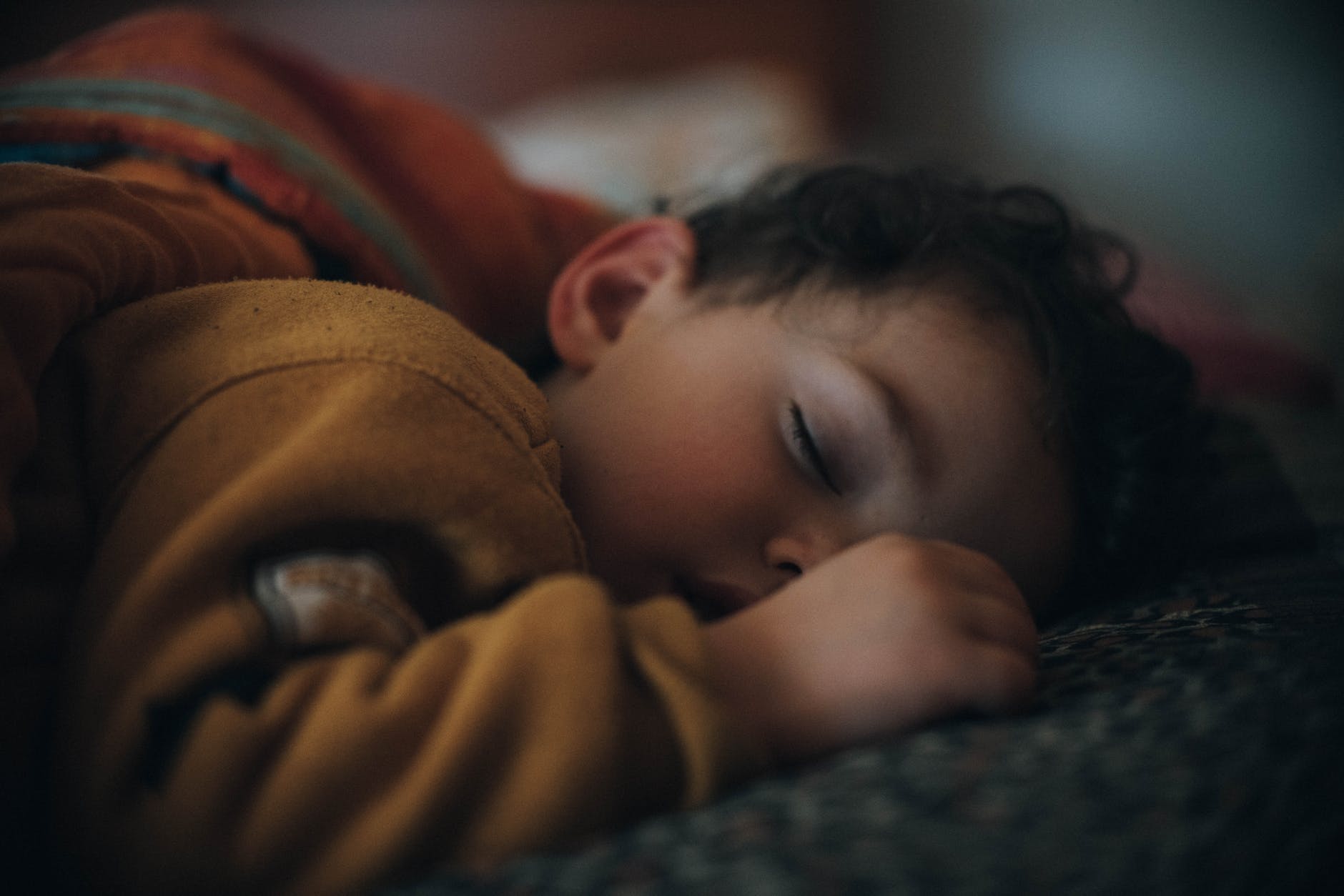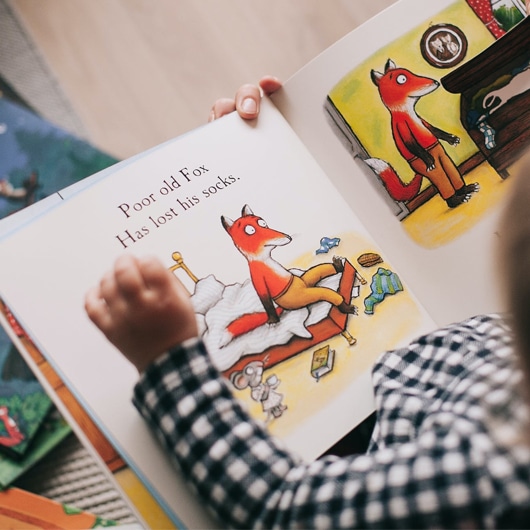What's next?
Interested?
Leave your details here.
IS SLEEP IMPORTANT?

Staying active, eating well, mental stimulations and a good night rest are critical components to ensure positive growth for your kids. Research has indicated that a restful sleep promotes growth, boosts learning, increases attention span and affects their overall physical wellbeing. It is recommended that kids between 5 – 12 years of age require at least 10 – 11 hours of uninterrupted sleep each night[1].
If your children often fuss about bedtime, here are some tried and tested methods to give your little ones a restful night of forty winks.
- Educate them about why sleep is important
Younger children in particular wouldn’t understand the importance of sleep unless told. They would most likely want to enjoy their playtime 24/7 if they could! Do share with them the consequences of the lack of sleep, and how it affects their daily routine. Studies have shown that a lack of sleep affects not just one’s physical well-being, but also mental health as well and disrupts our ability to carry on with our everyday lives.
Older children aged 11 – 17 years old who don’t get sufficient sleep (the recommended 8 – 10 hours)[2] tend to develop negative side effects in their emotional development, and subsequently, their physical development too. These may then lead to other issues such as declining school performance and lack of focus.
- Limit Usage of Devices
According to research, the screens on our devices have a higher concentration level of blue light than any other light. Blue light is known to affect your melatonin levels (the hormone that causes you to fall asleep) more than any other light source. As most children tend to have the habit of using their devices right before bed, this habit can negatively impact their sleep. In order to ensure a restful night of sleep, keep any devices out of your children’s room at least one hour before bedtime.
- Set a regular bedtime
Ensuring that your children go to bed at a set time frame every night allows their body to naturally adapt to its circadian cycle (biological sleep wake-up system). For younger children aged 5 and below, scheduling a set nap time allows them to easily fall asleep at night. If children go to bed feeling overly tired or exhausted, they will feel irritable and wound up, making it a challenge to fall sleep. Establishing a night time routine such as story time, a lullaby or dimming the lights will naturally allow children to associate these actions with bedtime.
- Create an optimal sleep environment
A child’s bedroom must promote a conducive sleep environment, and not be associated with a play area. Some factors that parents can take into consideration to ensure that children get a good night rest is to install UV-friendly blinds. An almost pitch-dark room helps them fall asleep faster, and keep the room temperature cool so they are less likely to toss and turn.
- Begin their morning on the right note
When they get up from bed, let them look forward to kickstarting a new day on a bright note, such as sharing with them what’s for breakfast or reminding them of their favourite activities lined up for the day! With this, children will better understand that sleep is indeed an important part of their life, as it ensures them a fresh start the next day.
All in all, sleep plays a crucial part to a child’s growth and development, allowing them to thrive in all aspects.
Reference:
[1] https://kidshealth.org/en/kids/not-tired.html#:~:text=Time%20for%20Bed,-Which%20one%20sleeps&text=Don’t%20forget%20%EF%BF%BD%20most,hours%20of%20sleep%20each%20night.
[2] https://www.sleepfoundation.org/articles/teens-and-sleep

